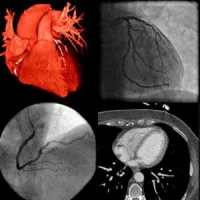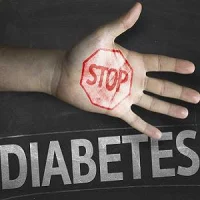Physicians are among society’s highest paid and most respected professionals, but they have higher rates of dissatisfaction and burnout compared to other American workers. A possible explanation for why doctors are becoming increasingly burnt out is that they may have lost faith in the practice of medicine itself, according to an Editorial published in The American Journal of Cardiology.
See Also: Survey: Cardiology Workforce is Ageing, Male-Dominated
Burnout is defined as a loss of enthusiasm for work, feelings of cynicism, and a low sense of personal accomplishment. Cardiologists, who rank among the best compensated and most admired of all physicians, are among those most likely to suffer. A 2015 Medscape survey of physicians reported that 46 percent of cardiologists had symptoms of burnout.
"Physicians suffering burnout are often disengaged, have low energy, and no longer see value in their day-to-day work. They are frequently isolated, suffering silently and ashamed. They have lost faith in themselves and in the importance of their work," authors Jeffrey B. Michel, MD, and Denisse M. Sangha, MD (both from Scott and White Memorial Hospital in Texas) and John P. Erwin III, MD (Texas A&M University Health Science Center College of Medicine) write in the Editorial.
In particular, advances in cardiovascular medicine have led to large reductions in mortality and morbidity. However, the disruptive changes to healthcare that accompanied this success have contributed to physician alienation. As members of large healthcare entities, often there is pressure for cardiologists to see more patients in shorter visits. Compensation is now often based on productivity, using simple formulas of relative value units for clinical work. Linking of pay to the volume of work done rather than to the quality or outcomes of that work can be demoralising, according to the authors.
Moreover, computerisation and electronic records now allow physicians to work from home at the expense of rest and relaxation. Most believe they spend too much time doing data entry. Increased requirements for documentation and compliance can create a chronic sense of failure and
diminished accomplishment, the authors note.
To overcome burnout, the authors say, cardiologists should dedicate themselves to a collective mission of patient care and work to restore faith in their profession. "Faith is by definition a focus outside oneself and a belief in something greater and more important than oneself. Greater faith might be kindled through participation in community education, medical societies, hospital staffs, charity work, advocacy on the local, state and national level, and through helping to teach the next generation of medical students, residents, and fellows," the authors write.
To provide complete care, cardiologists must work as members of larger teams and in doing so are reminded that such care is a group effort, with shared risks and rewards. Working collaboratively can limit isolation, encourage ongoing medical education, and foster an outwardly focused professional vision. Physicians should avoid the trap of narrow repetitive clinical duties without engagement in a larger mission of education, teaching, and self-renewal, the authors add.
Source: The American Journal of Cardiology
Image Credit: Pixabay
References:
Michel JB, Sangha DM, Erwin JP. (2017) Burnout Among Cardiologists.Am J Cardiol. Mar 15;119(6):938-940. doi: 10.1016/j.amjcard.2016.11.052. Epub 2016 Dec 18.
Latest Articles
burnout, cardiologists, isolation, repetitive clinical duties
A possible explanation for why doctors are becoming increasingly burnt out is that they may have lost faith in the practice of medicine itself, according to an Editorial published in The American Journal of Cardiology.










